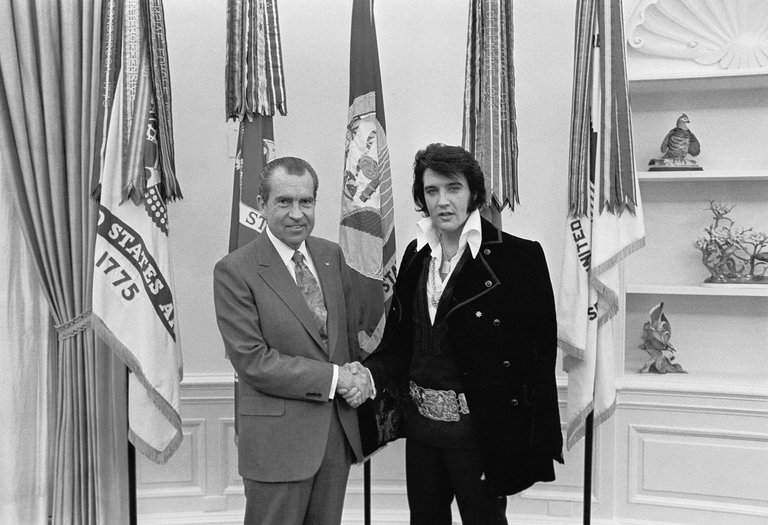Music holds a profound influence over human beings, shaping us on levels we often fail to notice—from our DNA to the wiring of our brains. More than just entertainment, music reflects our intellect and subtly alters the way we think, feel, and even function biologically.
Music and Its Biological Impact
Scientific studies highlight the unexpected ways music influences our physiology. Research suggests certain genres and frequencies can lower testosterone levels, damage DNA, and disrupt bodily systems. For example, Hajime Fukui’s research links music to decreased testosterone in males while paradoxically increasing it in females:


Conversely, the "Miracle Tone," or 528 Hz frequency, has shown remarkable protective properties in laboratory studies—boosting testosterone, reducing oxidative stress, and safeguarding DNA and mitochondria:
In his book, The Secret Power of Music, David Tame argues that music, when misused, becomes a weapon of mass destruction, eroding civilizations from within. His analysis resonates deeply in today’s context, where music degenerates culture.

Subliminal Messages and Spells
Beyond its physical effects, some allege that music operates as a tool of witchcraft. A particularly striking claim comes from John Todd, a former occultist turned whistleblower, who accused the music industry of embedding subliminal messages and even spells into popular tracks. Todd’s controversial insights suggest these techniques are designed to influence listeners, particularly Christians, subconsciously.
Consider the example of Aerosmith and Run DMC’s famous collaboration, Walk This Way. When played in reverse, it sounds eerily like “Hail Satan.” The implications are unsettling for those who believe in the power of subliminal influence.
On social media, similar theories abound. One lady recently posited that music might be the root cause of contemporary struggles with depression, anxiety, anger, and impaired nervous systems.

Musik für Idioten
If you’ve ever wondered how music shapes intellect, look no further than the amusing German newspaper headline describing Serbian turbo-folk as “Musik für Idioten” (Music for Idiots). While the humor is undeniable, the sentiment underlines a deeper question: How do our musical preferences reflect, and even influence, the cultural and intellectual fabric of society?

A Deliberate Approach to Listening
With all this in mind, I’ve found myself approaching music more cautiously. I still enjoy listening on occasion; I treat music as I would a fine wine. Be wary of music's potential effects; establish a mental barrier between yourself and the intentions of the creator.
Here are three fantastic mashups to spice up your Saturday. Just remember: be mindful of the emotions that music stirs and the subtle influence it might carry.

